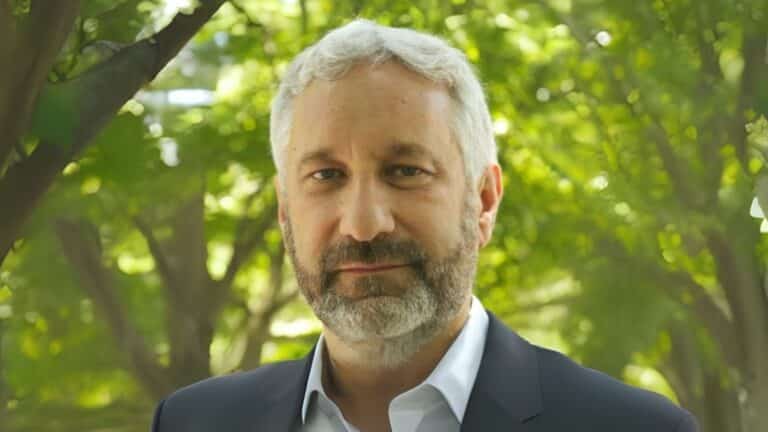‘Toothless’ sanctions
Why the world’s largest waste management company made a $3 billion bet on the US.
Current Access Level “I” – ID Only: CUID holders, alumni, and approved guests only
Europe’s gas crisis has entered a scary new phase. Last week, the biggest pipeline carrying Russian gas into Germany was closed for maintenance. And many in Europe fear the Russians will keep Nord Stream 1 closed indefinitely – putting further pressure on gas supply in the colder months.
Europeans are burning more coal, scrambling for new sources of gas, and committing to lots of renewable energy in a frantic attempt to slash reliance on Russian fossil fuels. But there are real questions about how quickly those solutions will shift the balance of power.
Meanwhile, gas prices are soaring in markets around the world – leading to fears about recession and long-lasting economic impacts. What are the possible scenarios that could play out?
This week, host Jason Bordoff sits down with Anne-Sophie Corbeau and Dr. Tatiana Mitrova to explain the state of gas markets.
Anne-Sophie Corbeau is a Global Research Scholar at the Center on Global Energy Policy at Columbia University’s School of International and Public Affairs; Dr. Tatiana Mitrova is a Research Fellow at the Center on Global Energy Policy.
Together, they discuss how deeply the gas shocks will impact Europe, Russia, and the rest of the world.
The Federal Energy Regulatory Commission (FERC) regulates the United States’ energy transmission, pipeline networks, and wholesale rates for electricity. For much of its history, FERC was a little-known...

Around the globe, and here in the United States, energy markets face huge uncertainties. They include everything from rising geopolitical tensions to a wave of new liquefied natural...

Elected officials face huge challenges when it comes to energy policymaking. They have very little time to learn complicated, nuanced issues. They're bombarded by information — some of...

The ten years since the Paris Agreement was signed at the UN Climate Change Conference, COP 21, have been the ten hottest years on record. And the outcome...

CGEP scholars reflect on some of the standout issues of the day during this year's Climate Week


Qatar is entering the world's next LNG expansion phase with a large share of uncontracted supply, and how it will navigate this phase is the central uncertainty in the LNG market.

L'essentiel de l'actualité du gaz naturel, des gaz renouvelables et de l'hydrogène
